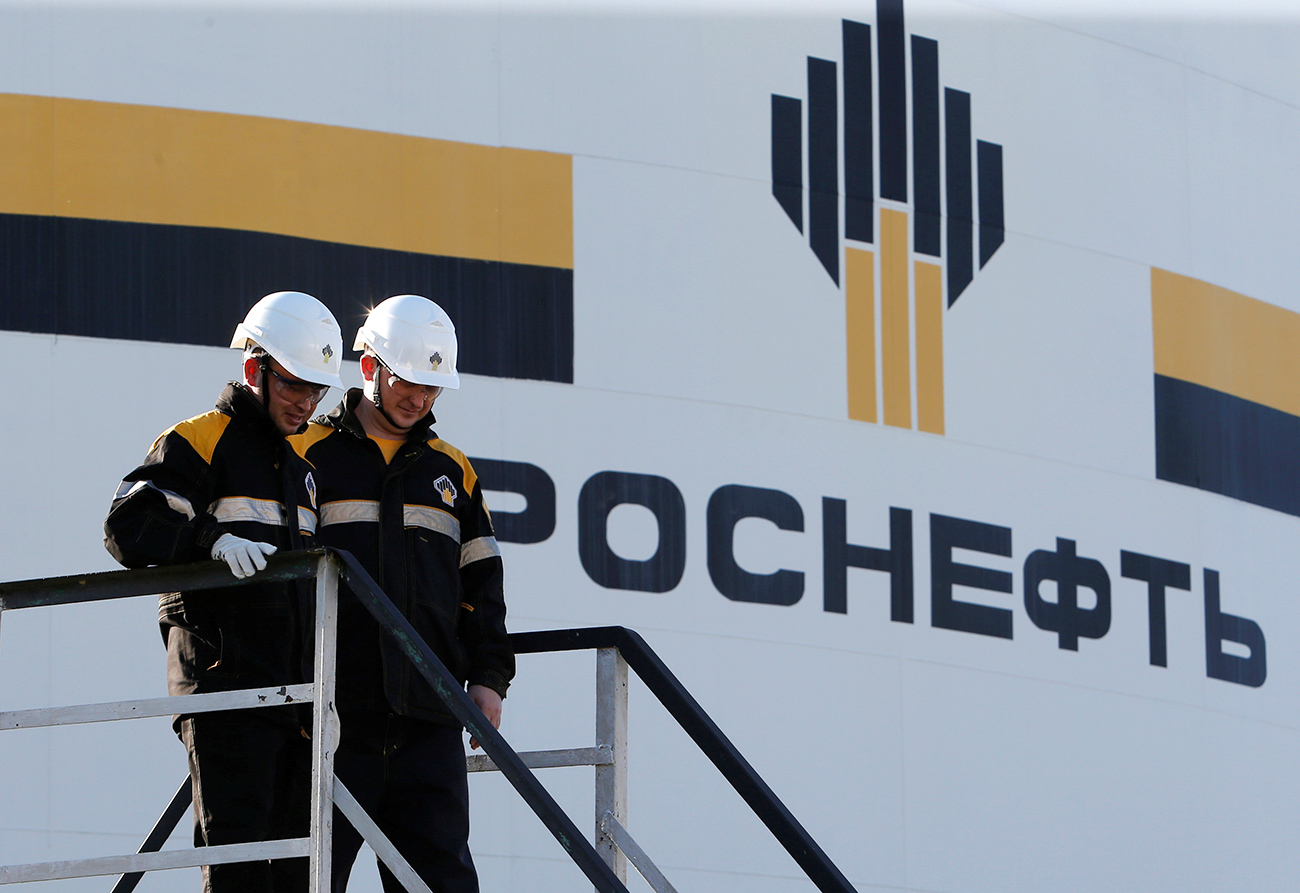Rosneft and Schlumberger will drill for oil in Brazil

Schlumberger, which specializes in oilfield services, in the past worked with Rosneft in Russia, but the company pulled out after the U.S. government hit Russia with sanctions in 2014.
ReutersOn Feb. 17, Rosneft Brazil, a subsidiary of Russia’s largest oil company, reported plans to drill its first oil well in Brazil. The project will be in cooperation with the American company Schlumberger and Brazil’s Queiroz Galvao Oleo e Gas (QGOG).
Schlumberger, which specializes in oilfield services, in the past worked with Rosneft in Russia, but the company pulled out after the U.S. government hit Russia with sanctions in 2014.
Rosneft’s goal for the Brazil project is not so much to acquire oil, but to strengthen relations with Schlumberger and to learn new techniques for extracting oil and gas in difficult environmental conditions, said Igor Yushkov, a senior analyst at the National Energy Security Fund.
“Rosneft is interested in acquiring the knowledge to develop difficult fields, for example, drilling on deep-sea platforms,” said Yushkov, adding that comparable technologies can be used on platforms in the Black Sea and the Arctic.
The Brazil project will benefit all parties, said VTB 24 analyst, Oleg Dushin. He points out that Rosneft will also gain an operator status in Brazil, and thus, it will be able to participate in bids for the acquisition of offshore oil fields, as well as for assets owned by Petrobras, the Brazilian state oil company.
“For its part, Brazil will gain a partner that can help work in inaccessible regions such as the upper Amazon,” said Dushin.
In the current political context, Russian companies can continue to work with foreign companies in third-party countries, said Yushkov. In autumn 2014, Western companies froze their stakes in Russian oil projects due to the imposition of sanctions following the outbreak of civil strife in Ukraine. Statoil, Eni and ExxonMobil, for example, shelved projects to develop the Arctic shelf in conjunction with Russia.
The representative of the Rosneft press service told RBTH that he did not agree with the opinion of experts that the company will use the collaboration with Schlumberger to get the technology. "When working on the project, the service company does not transfer technology, but provides data on the geological structure of the layer necessary for the preparation of equipment and drilling the well," explains Rosneft’s representative on the principle of cooperation. Schlumberger won the bid for the maintenance of drilling on the Solimões project because "the U.S.-French company’s offer was the most economically attractive for the company." According to the press service representative, Rosneft has been successfully working with Schlumberger on projects not only in Russia, but all over the world; for example, in neighboring Brazil, Venezuela and Vietnam.
The article was updated and completed on March 13, 2017.
Read more: Many questions linger over privatization of Russia's largest oil company>>>
If using any of Russia Beyond's content, partly or in full, always provide an active hyperlink to the original material.
Subscribe
to our newsletter!
Get the week's best stories straight to your inbox